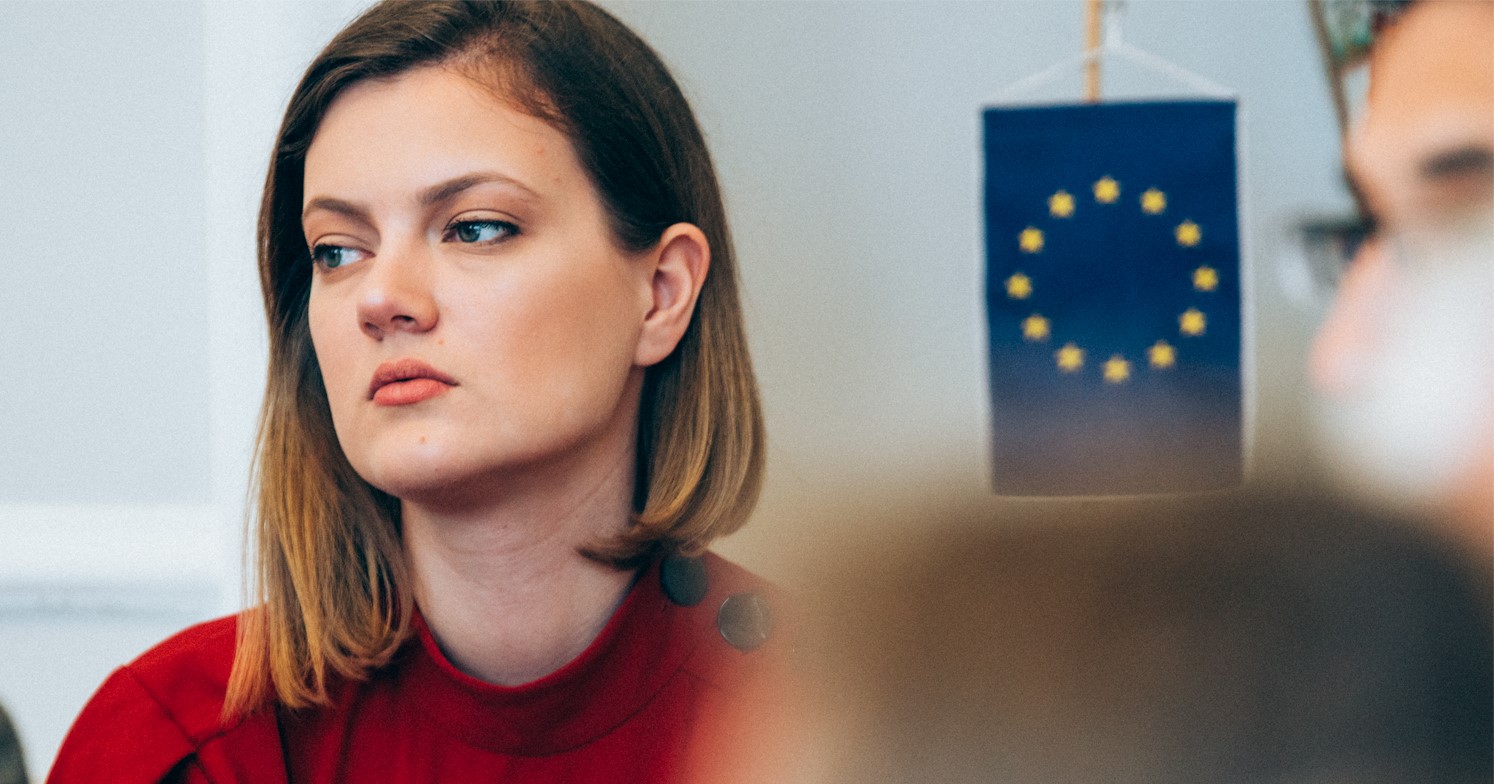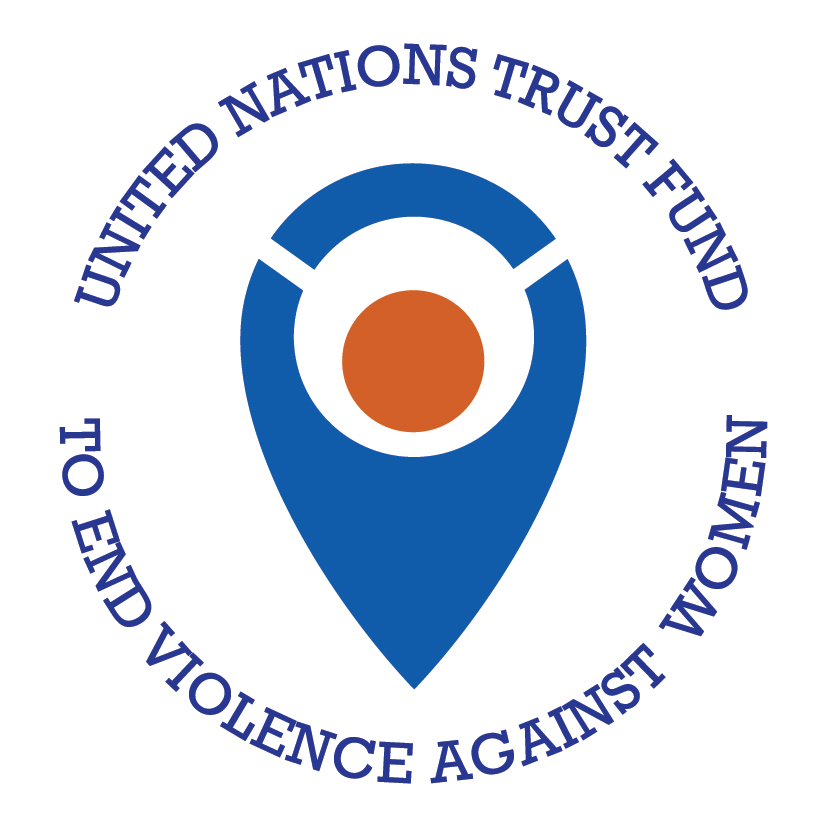Hotline: +381 61 63 84 071
Andrijana Radoičić Nedeljković: Victims need safety, security, and certainty

Andrijana Radoičić Nedeljković: Victims need safety, security, and certainty
Photograph: Piroshki photography
The issue of gender-based violence that occurs even in one part of society, even if the violence happens "to migrant women inside the camps", is still an issue of the whole society, said Andrijana Radoičić Nedeljković, expert worker of Citizens' Association Atina at the training "Access to rights and services for refugees, migrants and asylum seekers in the protection from gender-based violence with particular emphasis on women and children”.
Speaking on the topic "Approach aimed toward the victims of gender-based violence", Andrijana Radoičić Nedeljković explained that by focusing on what we want, we forget what a person actually needs from us - that is why in the first phase of conversation, attention must be paid exclusively to recognizing the victim's needs. "In most cases, victims need safety, security and certainty," she said.
"In the first conversation, it is necessary to leave some time for preparation and for creating a contact, which will later enable the establishment of a relationship of trust and joint resolution of existing problems, while it will also help avoid labeling. Sometimes recognizing the needs does not imply satisfying all the needs as well, but what we can do in the first phase is satisfy basic needs. We should strive to realize basic needs of a survivor, something that would express humanity in the approach, and care for that person", underlined Radoičić Nedeljković.
She explained that it is very important to notice the difference between interpreting and perceiving someone's behavior, because if we only interpret what we see, "it can create stereotypes, prejudices, not only toward that person but to anyone who is in such a position." Speaking about the approach to a person who has survived violence, she emphasized that it should be borne in mind that each person has a different set of needs and their own unique way of approaching them.
"This approach requires active involvement of a person we are working with, and encouragement of their participation, supporting their autonomy and constantly keeping in mind their privacy and confidentiality. It is necessary to open the space for them to recognize what their basic needs are. The priority is to keep focusing on the well-being and safety of the survivor, not to condemn the victim, and to recognize that person as a party who is interested in the ongoing procedure," said Andrijana Radoičić Nedeljković. Atina's expert worker provided practical advice and spoke about the techniques of active listening, and listening with empathy, as well as the role of an interpreter as a member of the team, which is specific for work with migrants.
Radoičić Nedeljković presented the activities of Citizens’ Association Atina, explaining that the organization has been engaged in providing support to (potential) victims of human trafficking and gender-based violence for 17 years, and that the organization is a licensed provider of the assisted housing service for (potential) victims of human trafficking. Atina has been developing support programs since 2014 in response to the onset of the refugee crisis. Since 2015, through mobile teams, it has been providing support in reception and asylum centers, with a focus on the border areas of the country. "Since 2015, safe accommodation has been provided for persons among the refugee and migrant population, namely: unaccompanied minors, women victims with children, and women traveling alone. Persons who used the services and support of Atina have been recognized as victims of gender-based violence, or as potential victims of human trafficking," reminded Andrijana Radoičić Nedeljković.
The training was organized by Atina, with the support of the United Nations Trust Fund for Ending Violence against Women (UNTF). The training gathered participants from different organizations - Info Park, Commissariat for Refugees and Migration, Citizens’ Association Atina, Red Cross, Indigo, IOM, Philanthropy, ADRA, DRC, CYI, UNHCR, PIN, JRS, RAS, HCIT; as well as representatives of centers for social work from Sombor, Kikinda, Sremska Mitrovica, Valjevo, Provincial Protector of Citizens, Health Center Vranje, Center for Development of Local Social Protection Services Vranje, Ministry of Interior - PU Šabac, Bajina Bašta, Tutin, Sjenica, Valjevo, Subotica, Sombor, Sremska Mitrovica, Belgrade, Law Clinic of the Faculty of Law in Belgrade, and the Faculty of Political Sciences.

The UN Trust Fund to End Violence against Women (UN Trust Fund) is the only global grant-making mechanism dedicated exclusively to addressing all forms of violence against women and girls at local and national levels. The three priority areas of their focus include preventing violence, expanding access to services for survivors, and strengthening the implementation of national laws.












 FACEBOOK
FACEBOOK TWITTER
TWITTER YOUTUBE
YOUTUBE